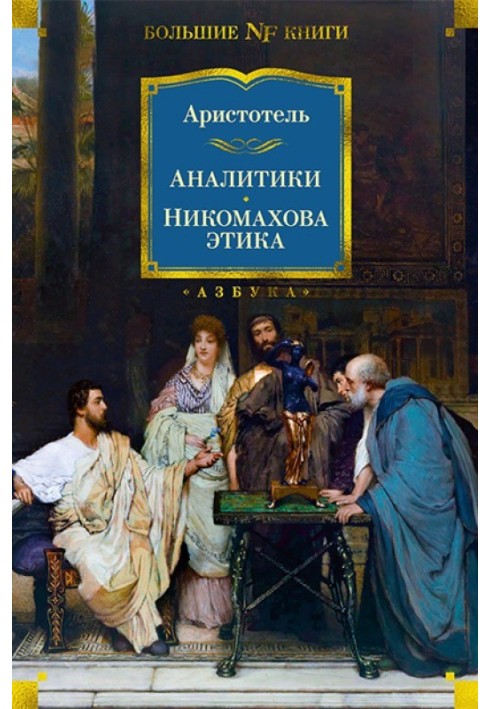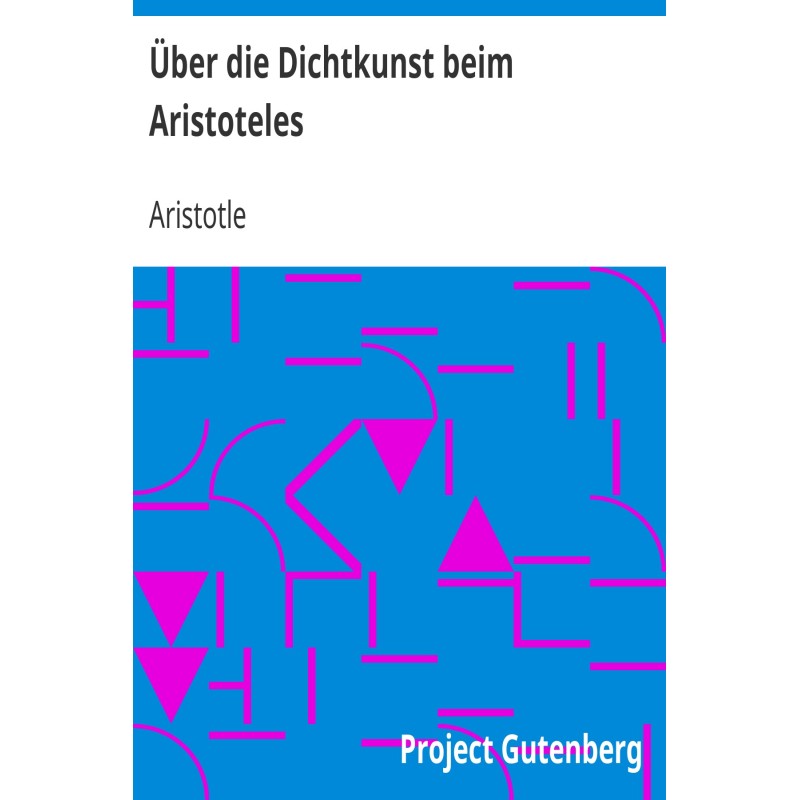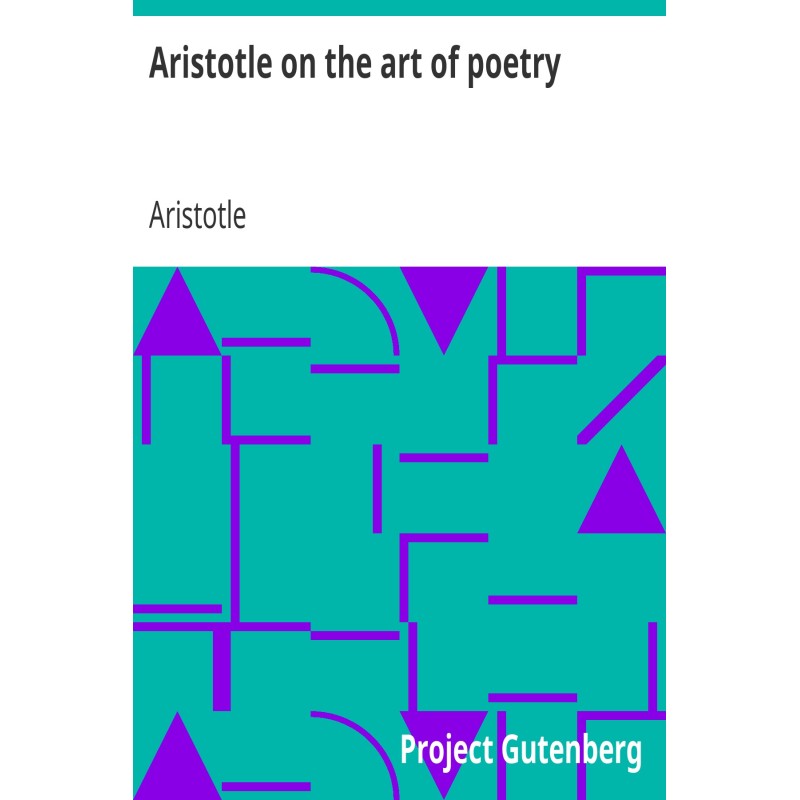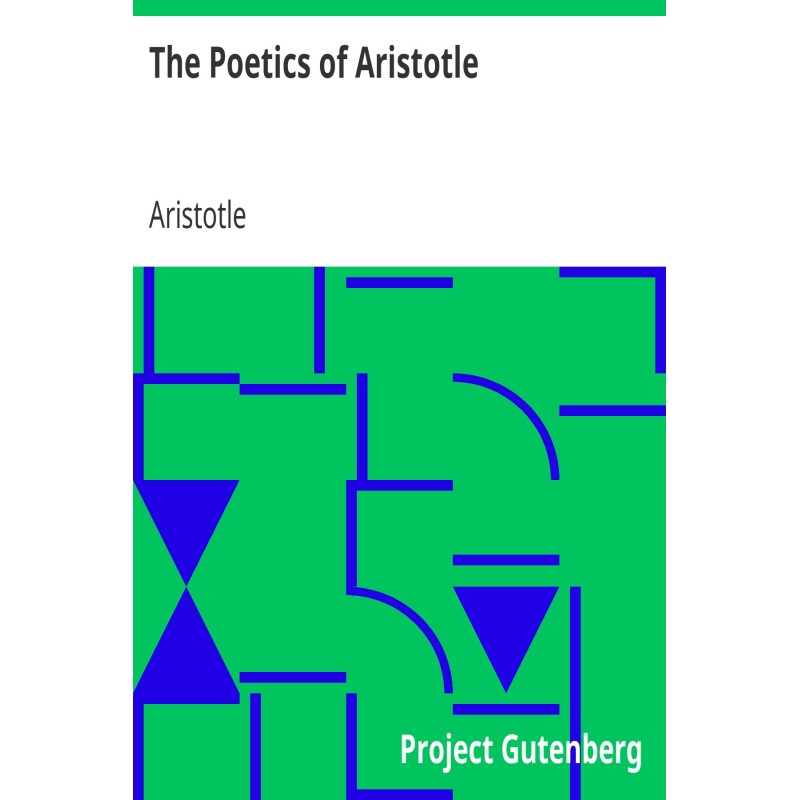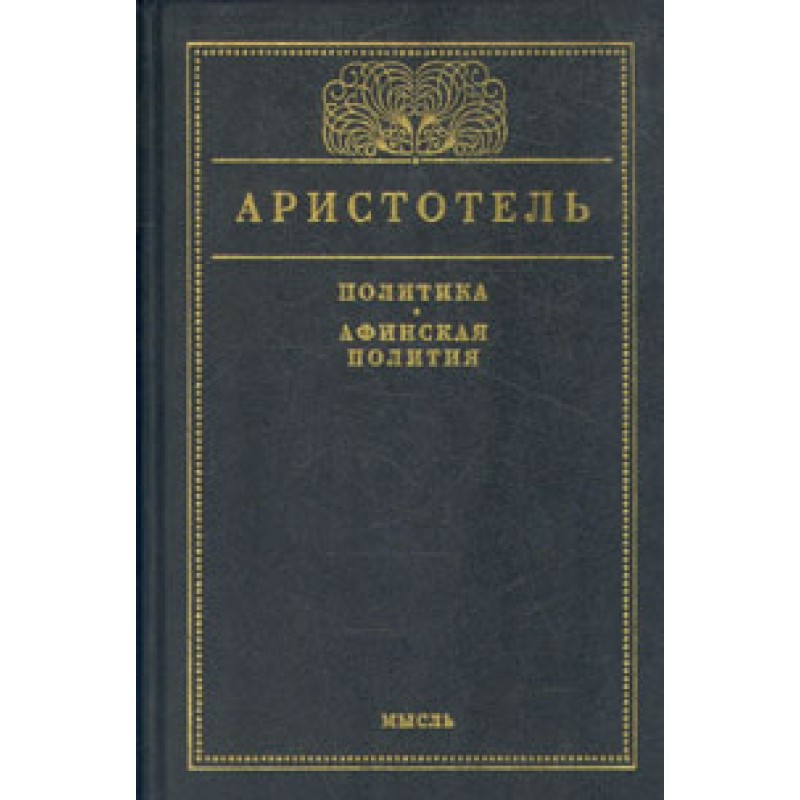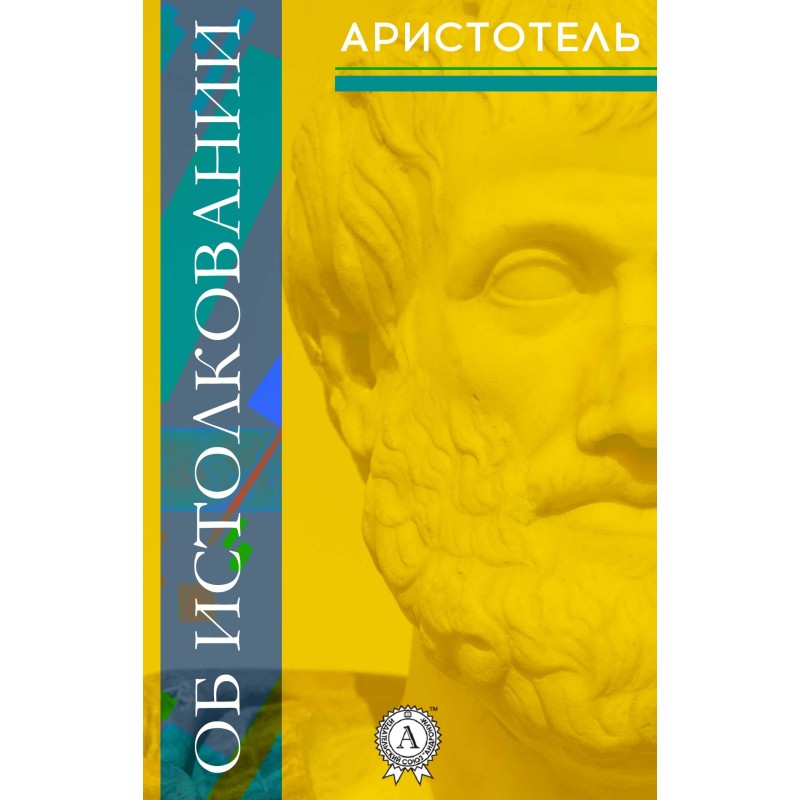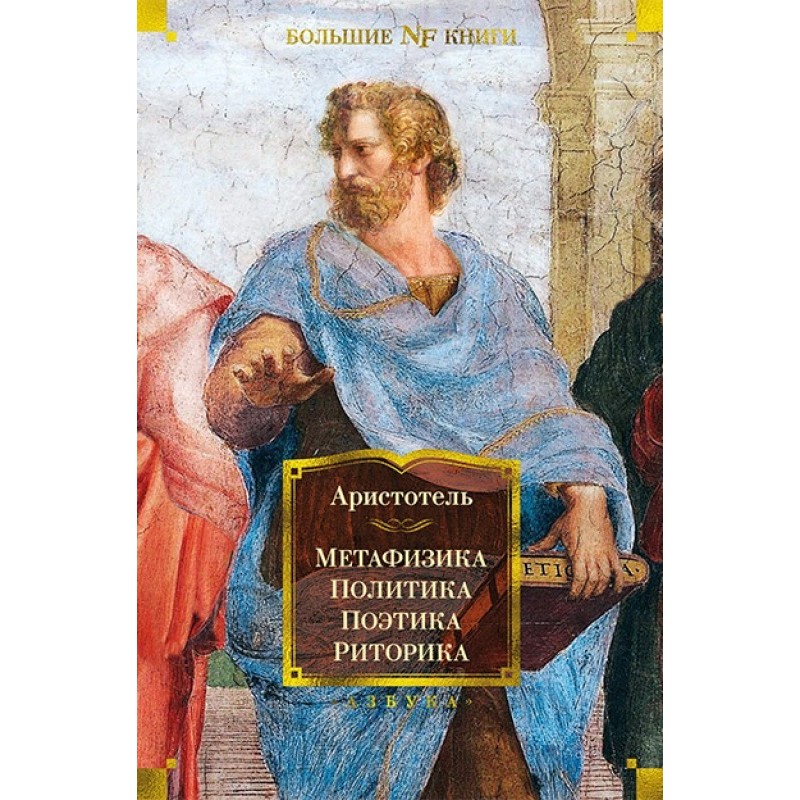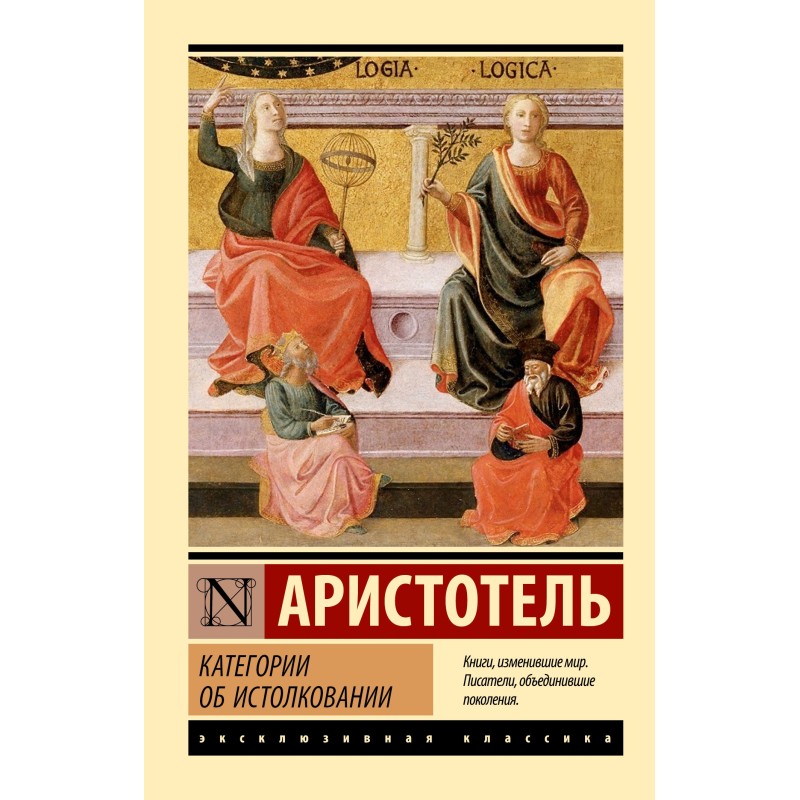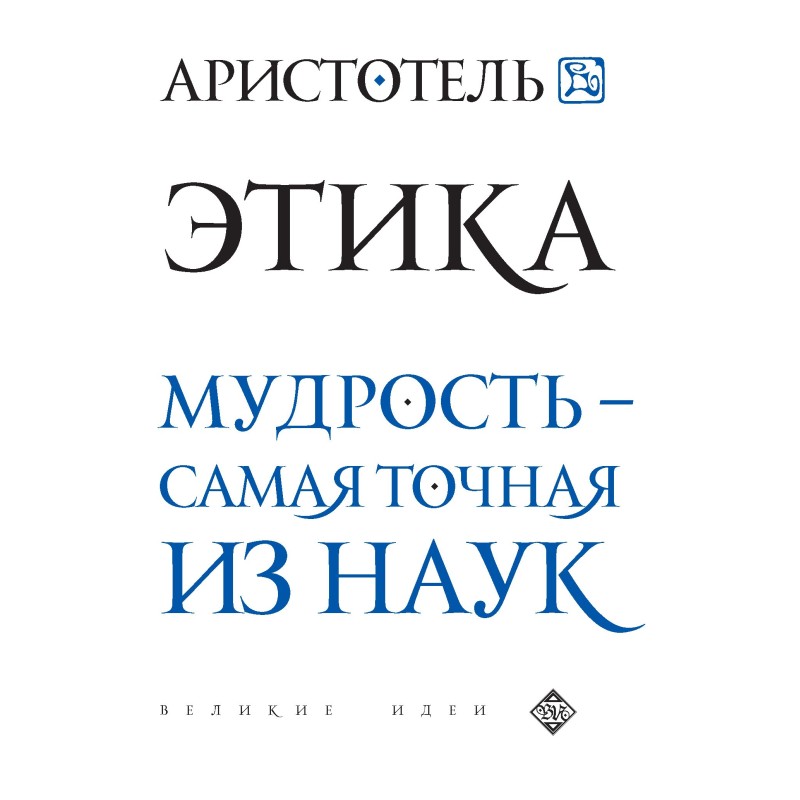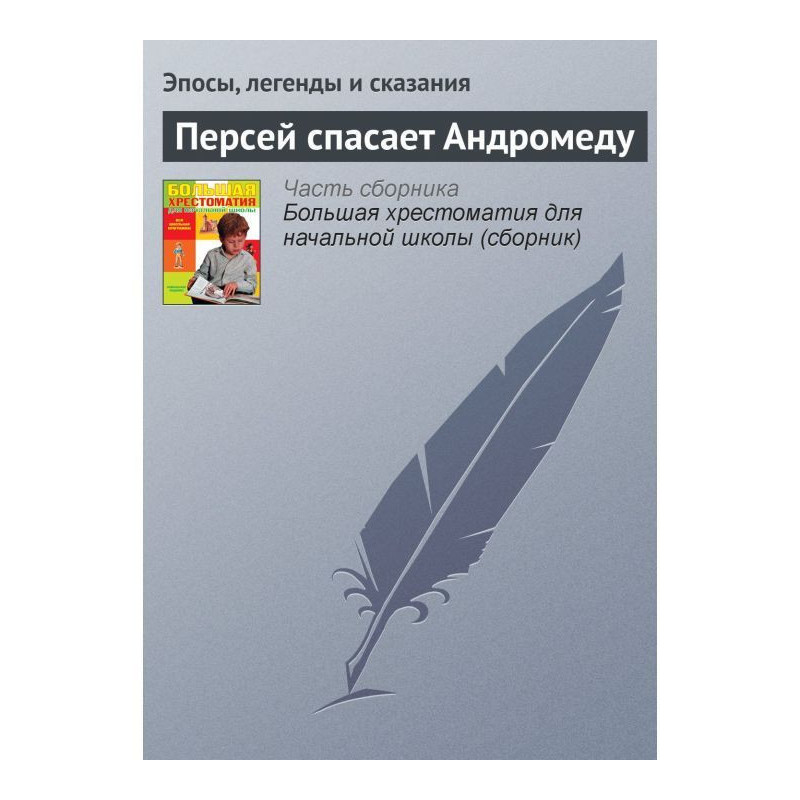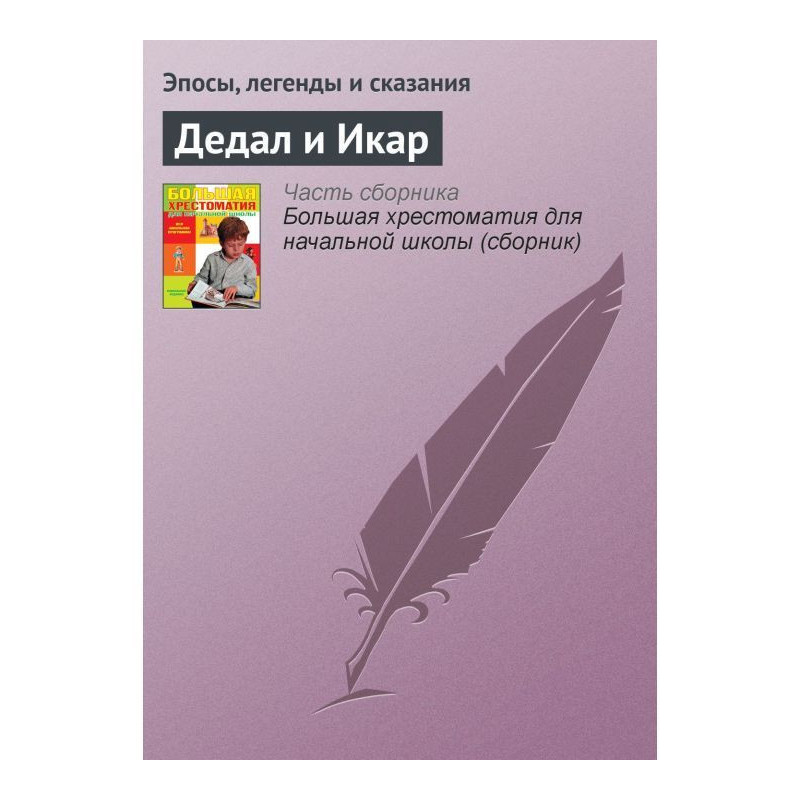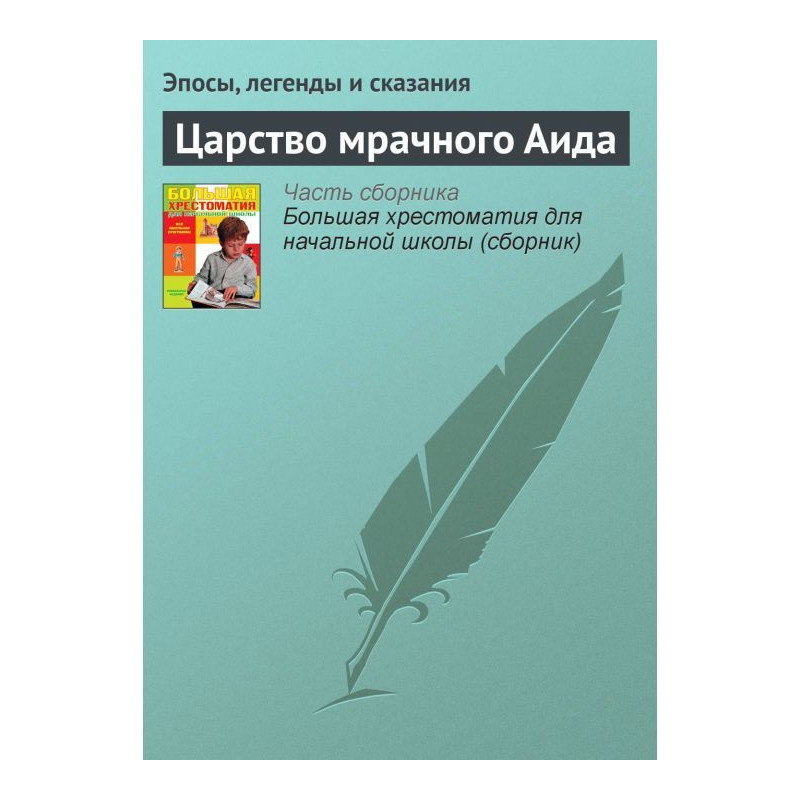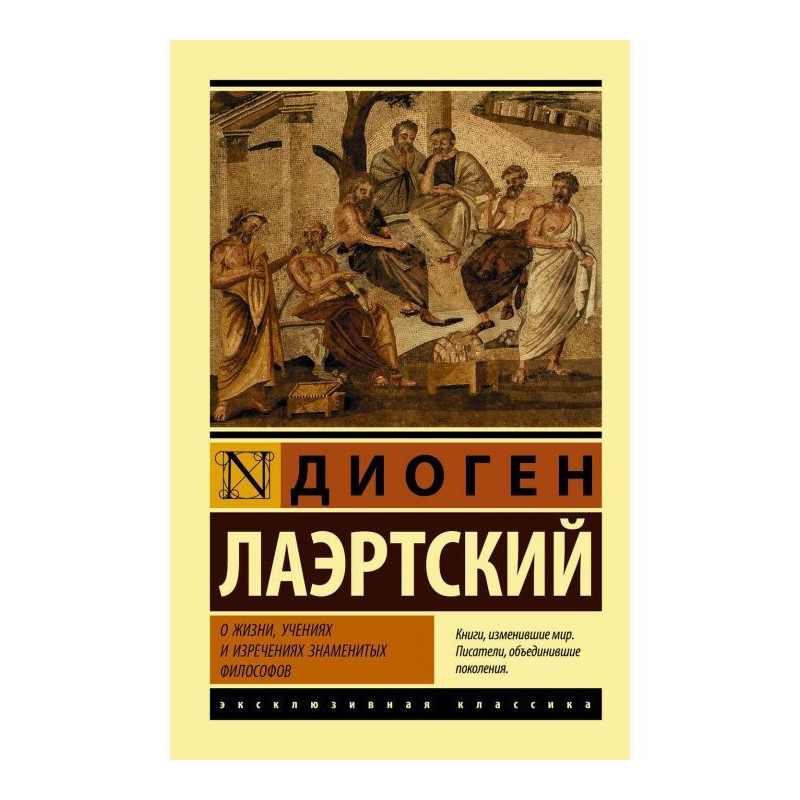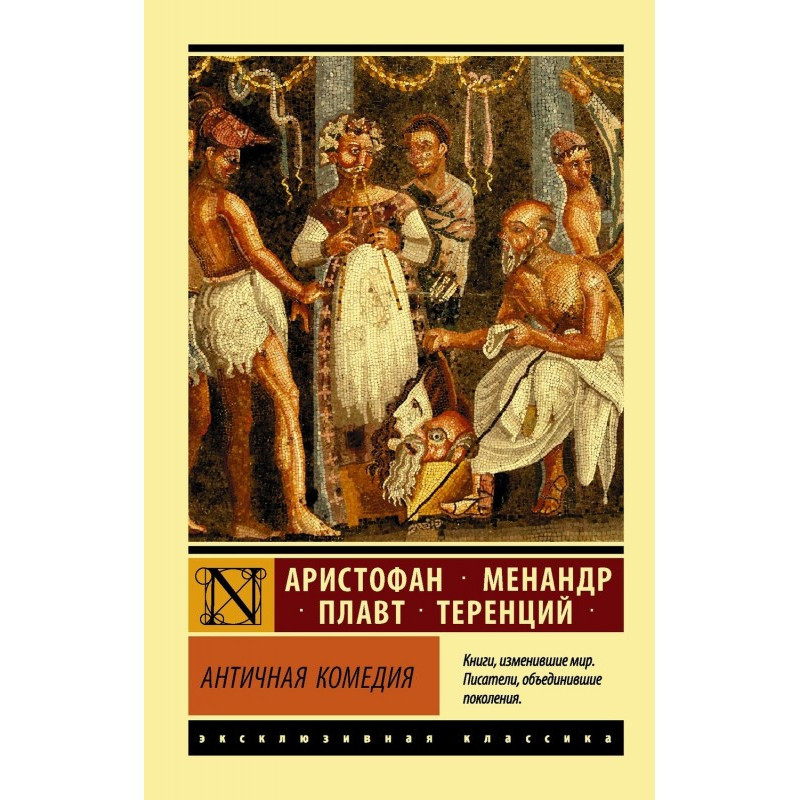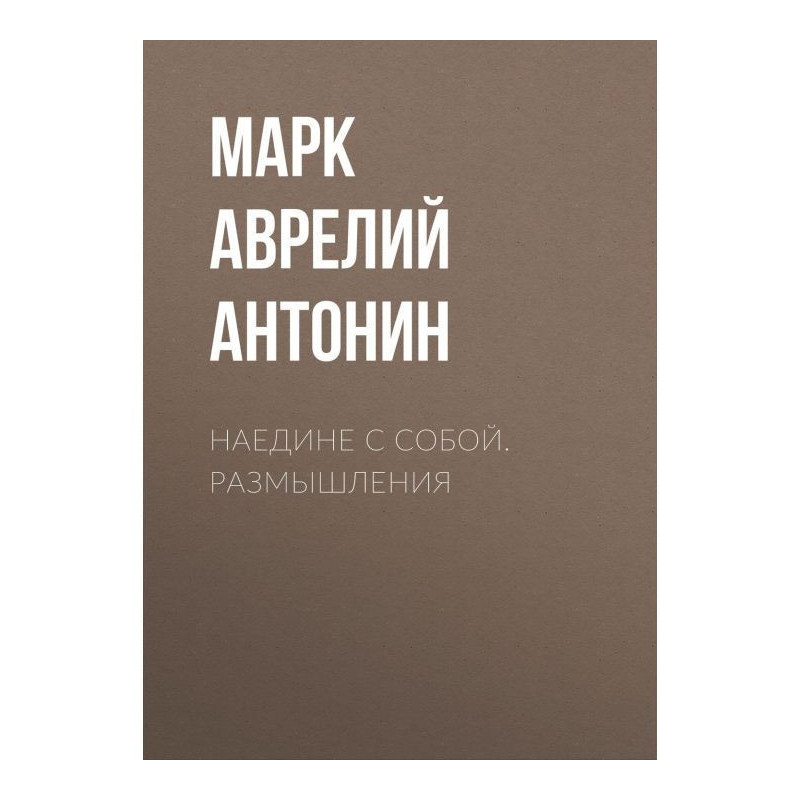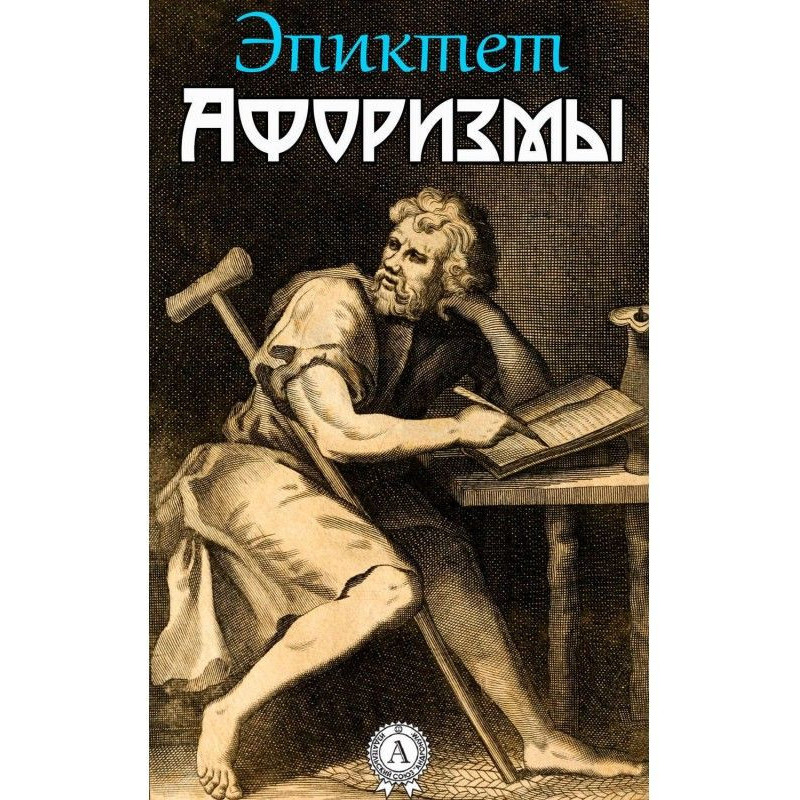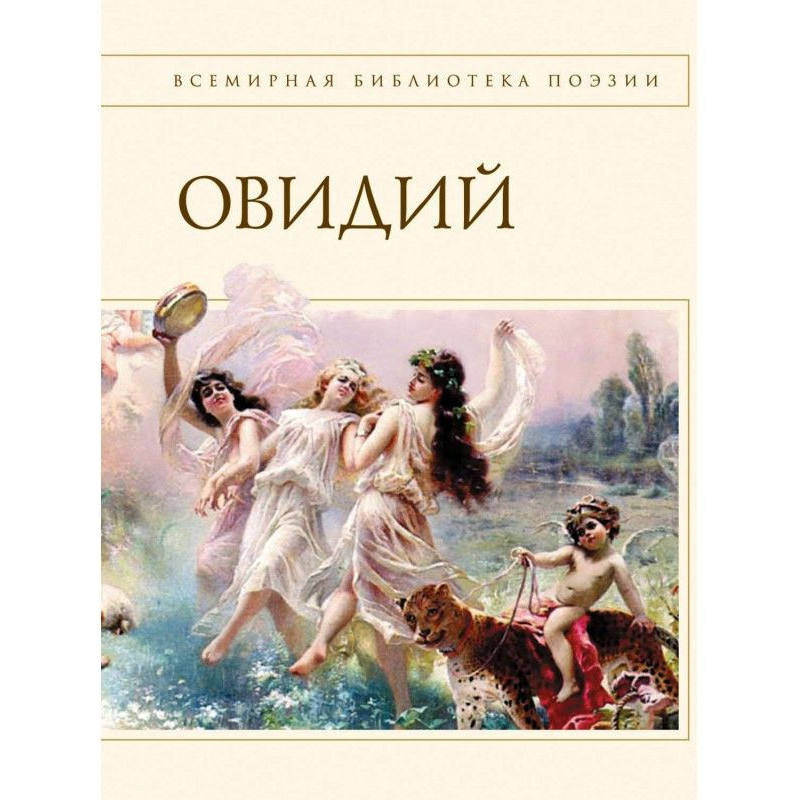Analysts. Nicomachean Ethics
 Instant download
Instant download
after payment (24/7)
 Wide range of formats
Wide range of formats
(for all gadgets)
 Full book
Full book
(including for Apple and Android)
Aristotle is one of the greatest thinkers of antiquity, a student of Plato and educator of Alexander the Great, who summarized in his works the experience of the classical era of ancient Greek philosophy and had a huge influence on the development of European and world culture, a scientist-encyclopedist who stood at the origins of modern science. Aristotle developed one of the first universal models of the universe and an integral system of scientific knowledge, covering a variety of spheres of human life, outlined a range of concepts and introduced terminology that are still used in the philosophical lexicon and largely determine the guidelines and horizons of modern scientific thinking.
The publication includes the most important logical treatises of Aristotle, which comprised the “Organon” (“Categories”, the first and second “Analytics”, “On Interpretation”, etc.), as well as “Nicomachean Ethics”, a treatise addressed to problems of morality , in which the philosopher poses and comprehensively analyzes the most important questions of human existence: what is good, happiness and justice? In addition, the book includes “Physics,” Aristotle’s fundamental treatise, which serves as a kind of introduction to all of the thinker’s other natural science works, including those that we today classify as biology and psychology. Aristotle's “Physics” has little in common with the science that is called physics in our time, nevertheless, this treatise is still considered one of the highest achievements of human thought in relation to the science of nature.
Data sheet
- Name of the Author
- Aristotle
- Language
- Ukrainian
- Release date
- 2023
- Translator
- Александр Владиславович Кубицкий
Борис Александрович Фохт
Эрнест Леопольдович Радлов
Reviews
Незамінний внесок у філософію та науку
Книга "Нікомахова етика" та інші трактати Аристотеля – це справжня знахідка для всіх, хто цікавиться філософією, етикою та основами наукового мислення. Аристотель, як один із найзначніших мислителів в історії, пропонує читачеві глибокий аналіз питань, що стосуються людського буття, моралі та щастя. Його здатність узагальнювати та систематизувати знання вражає, і ця книга є яскравим прикладом його геніальності. Хоча переклад тексту здійснено за допомогою штучного інтелекту, що іноді призводить до незначних неточностей, загалом це не заважає насолоджуватися глибиною думок Аристотеля. "Нікомахова етика" відкриває перед читачем нові горизонти розуміння справедливості та добра, а "Фізика" слугує основою для подальшого вивчення природничих наук. Ця книга стане в нагоді не лише студентам філософських факультетів, але й усім, хто прагне зрозуміти основи людського існування. Рекомендую всім, хто хоче поринути у світ класичної філософії та отримати цінні знання, які залишаються актуальними й до сьогодні!

